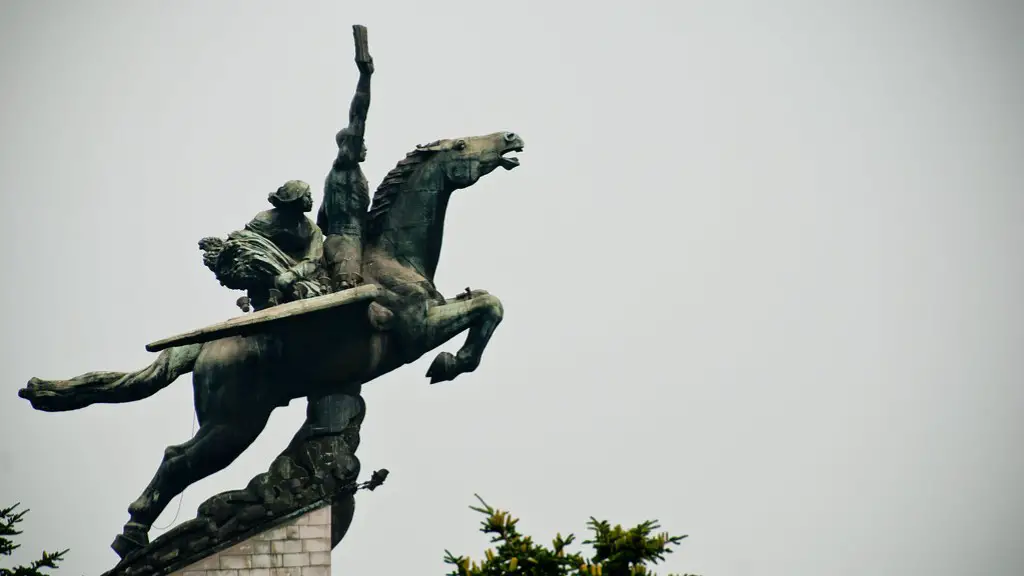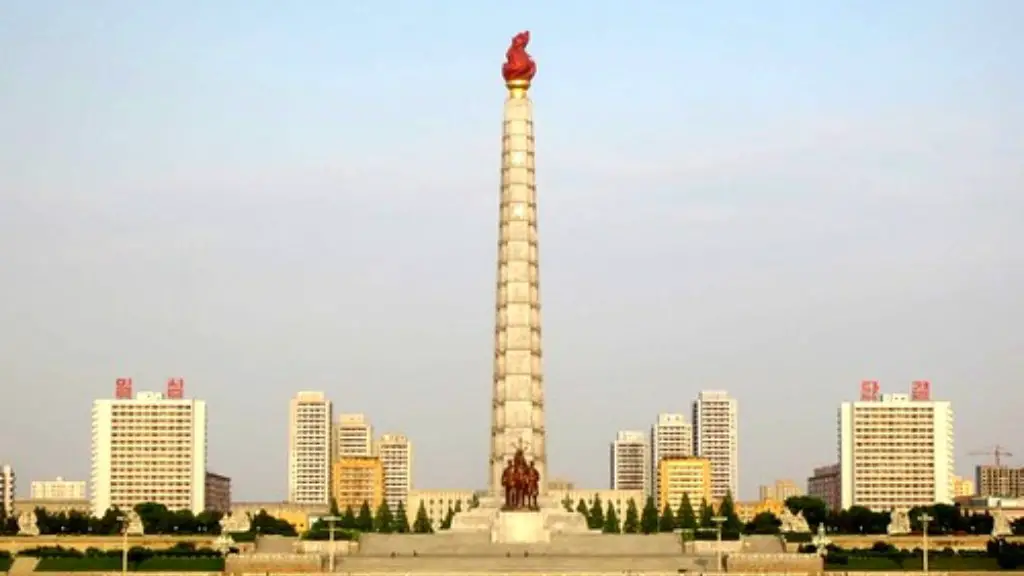What do we really know about North Korea? There are plenty of theories out there but without any solid facts to back them up, it’s hard to reach any real conclusions. North Korea is one of the most reclusive nations in the world and its people remain largely cut off from the rest of the world. It’s hard to learn about a country that so effectively blocks out the rest of the world.
North Korea’s primary sources of income are the sales of weapons and other goods. The country is rumored to export things like opium, methamphetamine, weapons, and counterfeit money. Its main trading partners are China, India, Iran, and Singapore. North Korea’s place on the world stage is unique. The Hermit Kingdom is extremely isolated and has been since the end of the Korean War in 1953. This isolation has made it difficult to learn about the country and its people.
Moreover, the country has extremely strict laws and punishments. For example, in North Korea, talking about the outside world, criticism of the government, or anything unsanctioned by the government can result in harsh punishments, including death. This makes it even harder to learn about the country and its citizens.
Additionally, North Korea has been under the rule of the same family, the Kim family, since the 1950s. Kim Il-sung, the first leader of the Kim dynasty, set up a cult of personality around himself and his successors. Even today, citizens are required to pledge allegiance to their ruling family. The cult of personality has long been a part of North Korean culture and has been used to keep the people of the country in line.
Furthermore, North Korea is infamous for its human rights abuses. The country is considered to be one of the worst places in the world to live in terms of human rights. Access to food, medicine, and other basic amenities are scarce. The government keeps a tight grip on the population and dissent is not tolerated.
Finally, North Korea is an oppressive regime. Freedom of speech and other basic freedoms are not allowed. People are punished for speaking out against the government, and the threat of their nuclear weapons keeps other nations from intervening. It is a nation that has been isolated for decades and continues to remain so despite pressure from its allies and the rest of the international community.
Politics
North Korea’s internal political landscape is relatively unknown, making it difficult for outsiders to get a complete understanding of the structure of the regime. North Korea is a highly authoritarian and militaristic state, ruled by a single party and leader. The Supreme Leader of North Korea is Kim Jong Un, who assumed power in 2011 after the death of his father, Kim Jong Il. All power is ultimately concentrated in the hands of the Supreme Leader.
The government is authoritarian and oppressive, and dissidents are ruthlessly silenced. There is no real avenue for people to voice their grievances or protest against the government. In addition, the government has a long history of human rights abuses, most notably in the form of public executions and labor camps.
Another factor influencing North Korea’s internal politics is its relationship with other nations. North Korea has historically had tense relations with South Korea and the United States, and this antagonism has had a profound effect on its internal politics.
Economy
The economy of North Korea has long been in dire straits, suffering from decades of mismanagement and sanctions imposed by other nations. The country’s GDP per capita is estimated to be one of the lowest in the world, and its economy is heavily reliant on foreign aid and aid from international organizations like the United Nations.
The government has become increasingly reliant on illicit activities and smuggling to sustain itself. It is believed that North Korea is involved in the sales of arms and illegal drugs, along with counterfeiting US dollars and euros.
As the economy has plumbed new depths in recent years, so too has the population. Poverty is widespread in North Korea and sanitary conditions are dire. In addition, the regime has been accused of human rights abuses in its implementation of a “ruthless system of surveillance and repression.”
Foreign Policy
North Korea is a highly isolated nation and has long relied on its two main trading partners, China and Russia, for support. North Korea’s foreign policy is closely linked to its nuclear weapons program and its goal of achieving a nuclear-armed status. North Korea has conducted numerous nuclear tests in the past decade and this saber-rattling has drawn criticism from other nations.
The United States and other nations have tried to rein in North Korea’s nuclear ambitions through diplomatic means. However, these negotiations have been largely unsuccessful and North Korea has continued to pursue a nuclear weapons program. This has caused considerable tension with other countries, particularly the United States and South Korea.
Nuclear Weapons
North Korea has been a major player in the international arena in recent years due to its nuclear weapons program. The nation first tested a nuclear weapon in 2006, and since then it has conducted several more tests in an effort to develop a credible nuclear arsenal. This has caused considerable tension with other nuclear-armed states such as the United States and other members of the UN Security Council.
The US and its allies have enforced a series of economic sanctions on North Korea in an effort to force the country to abandon its nuclear ambitions. The sanctions have had some effect, but North Korea still seems determined to retain its nuclear arsenal. This has led to a new round of tensions and perhaps the greatest chance of a nuclear war in decades.
Culture
North Korea’s culture is one of the most mysterious and unknown in the world due to its heavy isolation and the oppressive regime of the government. The government tries to control its citizens’ lives in every way possible and they keep a tight rein on any kind of entertainment or cultural expressions the citizens may want to partake in.
Despite this, the people still hold tightly to traditional customs and beliefs, such as ancestor worship and Confucianism. There is also a strong sense of nationalism among the people, mostly because of North Korea’s history of isolation and its culture of resistance to foreign interference.
Moreover, the North Korean population is heavily censored. Entertainment is strictly controlled, as are television programs and films. People are also kept from having access to news from outside the country, as well as from engaging in any kind of political activity.
Conclusion
North Korea remains one of the most mysterious and isolated countries in the world. Despite its close ties to neighboring countries such as China and Russia, the Hermit Kingdom has long remained cut off from the rest of the world. This has made it virtually impossible to learn about the country and its people.
The country is under the rule of a single family, the Kims, who have maintained a cult of personality around them. This has led to a system of oppression and human rights abuses, along with a long-standing policy of defiance towards the rest of the international community. The country’s nuclear weapons program has also caused considerable tension and risks to the peace and stability of the region.
Overall, while much is unknown about North Korea, it is important to remember that it is a country full of thriving citizens who have to live with a government that denies them their basic human rights.

